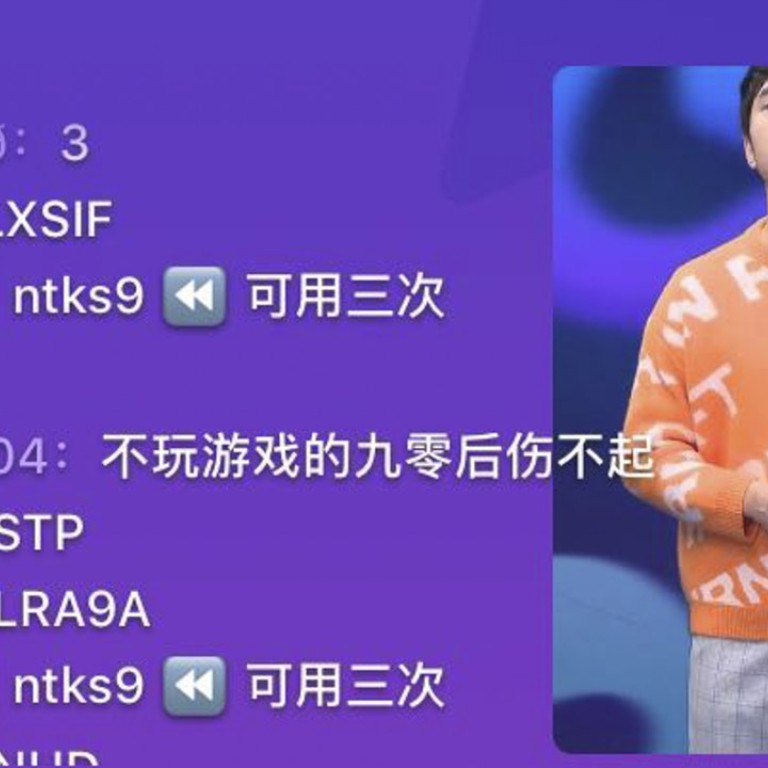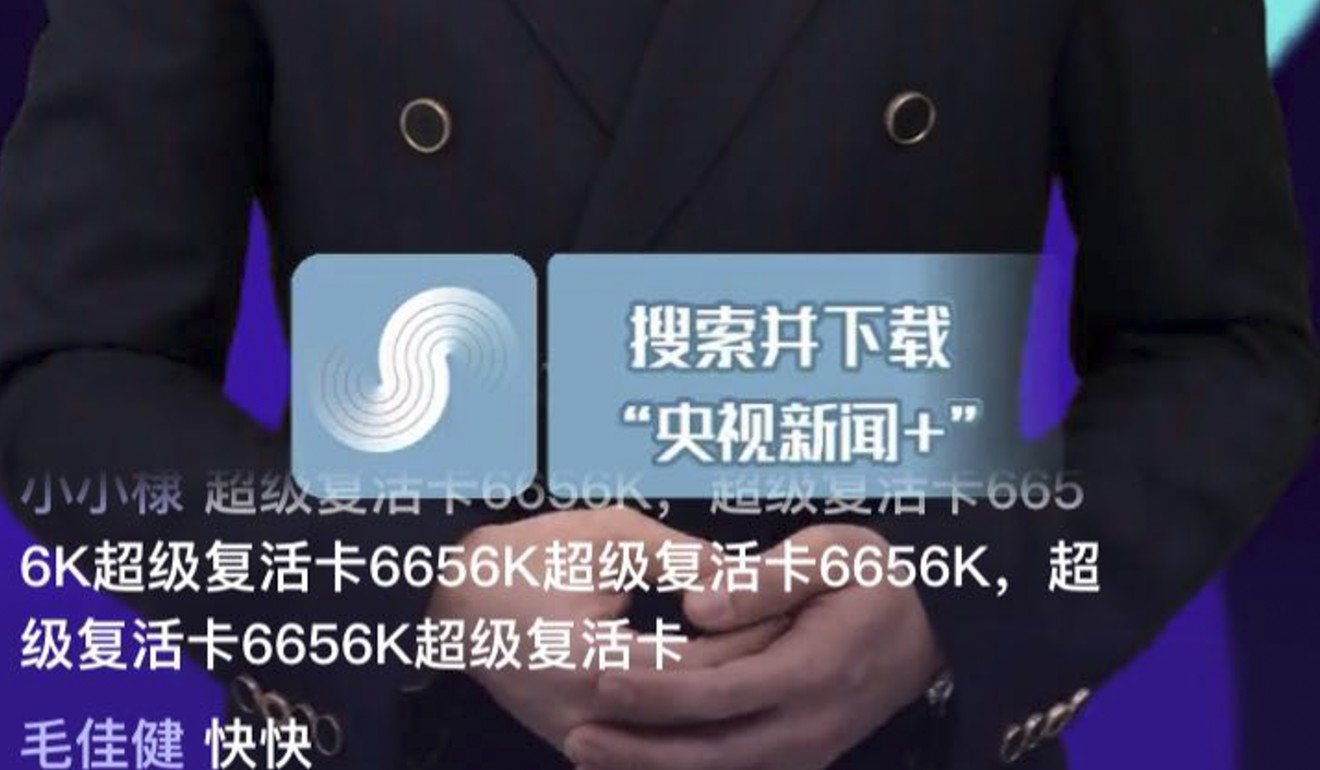
Question: What’s the latest mobile fad to seize China? Answer: Real-time quiz apps
Chinese people are accustomed to the sight of attractive, doe-eyed young broadcasters singing and dancing for tips on their smartphone screens. For these internet “stars” the financial rewards have been vast.
But now it seems the big money in China’s live-streaming industry is shifting, as a competition based largely on looks and questionable talent gives way to a battle of brainpower.
Who doesn't want to win some money and have fun at the same time?
Real-time quiz apps have become the latest overnight hit in the country’s cyberspace, with billions of yuan in cash prizes awarded to the smartest smartphone users.
Adopting the same format as the hugely popular HQ Trivia, which debuted in the United States in August, dozens of the fast-paced, TV-style live game show apps have popped up in the mainland since the beginning of the year.
Their aim is simple: to get as many users as possible hooked amid the fierce competition to grab the attention of China’s more than 700 million mobile internet users. And the bait is equally simple: money – up to 5 million yuan (US$782,100) for a 30-minute quiz show consisting of 12 questions.
Anyone with a smartphone can download one of the now-ubiquitous quiz apps for free and start testing their grey matter.

Contestants who answer all the questions correctly split the cash jackpot between them. The prize money goes directly into users’ accounts on Alipay or WeChat Pay, the two most widely used mobile payment providers in China.
“It is really an effective and low-cost way to win a lot of users in a relatively short period of time. Who doesn't want to win some money and have fun at the same time?” said Wang Chuanzhen, an analyst with the Beijing-based market research firm Analysys.
Participants usually have 10 seconds to answer each multiple-choice question. The questions tend to become increasingly difficult and cover a wide range of topics from traditional Chinese poems, to basic mathematics and biology. You may, for example, need to know the birthday of a famous singer or the name of a Chinese emperor from the Qing dynasty.
“I am counting on the games to help me buy my first Hermes bag,” said Zhang Yi, a Beijing-based white-collar worker, who has made thousands of yuan out of the games as one of the first players in the country.
I am counting on the games to help me buy my first Hermes bag
She has been actively encouraging her family and friends to play the game because she receives a free lifeline each time one of them signs up. Lifelines allow a contestant to stay in the game if they get a question wrong, and using them as a reward for recruiting more players is one of the reasons the games have gone viral in China so quickly.
This new craze really caught fire when Wang Sicong, the son of Dalian Wanda Group’s billionaire chairman Wang Jianlin, announced on January 3 that 100,000 yuan of prize money would be up for grabs every night at 9pm on his quiz app, Chongding Dahui, which translates as “race to the top”.
Others quickly followed suit. Within days, the online video site of Chinese internet major Bytedance and the livestreaming apps Inke and Huajiao, had jumped onto the bandwagon, launching their own versions and pledging to throw in billions yuan of money in prize money.
Their apps, which have already garnered huge followings, are called, respectively, Baiwan Yingxiong, meaning “millionaire hero”, Zhishi Chaoren, or “knowledge superman”, and Baiwan Yingjia, which translates as “millionaire winner”.
The companies behind the apps are banking on advertisers and sponsorship to make the model sustainable. Livestreaming app Inke recently signed 100 million yuan sponsorship deal with an online car-selling platform to display its advertisements to its quiz show participants.
However, the rising popularity of the quizzes comes at a cost. As the prize money is inevitably being divvied up among more winners, the cash rewards have been dropping to as low as 3 yuan. With the cash incentive diminishing and the competition among providers getting fiercer, Wang of Analysys said it remains to be seen whether the real-time quiz show app is here to stay or just a passing fad.

